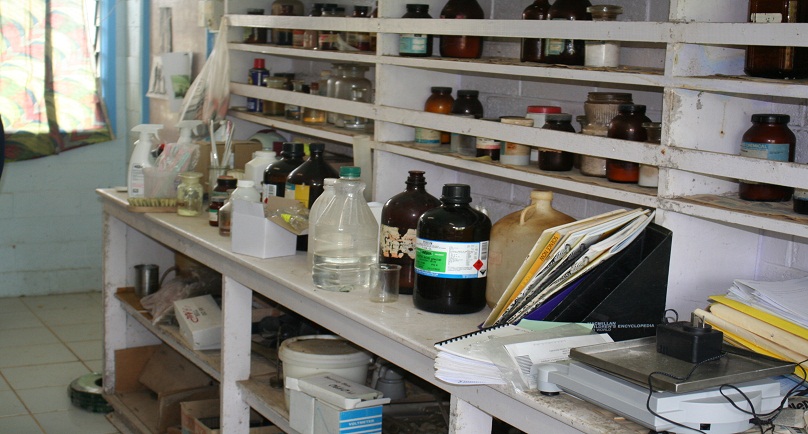By Benny Geteng – EM TV, Port Moresby
An evaluation team has been established to evaluate the impact of the science teaching and learning project in secondary schools, this was announced by the Secretary for Education, Dr Michael Tapo, this week.
The committee has started conducting monitoring and evaluation of the Secondary School Science Equipment Project in selected provinces and schools in the country.
Information collected from each school will be made known to the national government, through the education department, for decision makers to determine the impact of the project’s intended outcomes.
Dr Tapo said that student achievement standards refer to cognitive achievements, hence, students acquisition of science knowledge and skills in secondary schools is a major issue.
“The annual National Grade 10 Examinations Mean Rating Index (MRI) for science from 2008 to 2012 and which may be the same for 2013 and 2014, showed that students’ performance were below the normal ratings compared to students in other countries. The results provided have shown that a majority (66.75%) of students performed way below the national average.
“There are continuing public concerns at the lack of science laboratories, equipment and materials to support science reformed curriculum in the country”, said Dr Tapo.
He added that views concerning the responsibility for building science laboratories differed, and supplying equipment is a burden on the schools as this is a national issue challenging provincial governments at the administration level and planning to support science education.
“To address the issues, monitoring, evaluation and measurement of the impact of pieces of equipment to teacher learning and pupil learning is paramount.The National Executive Council approved the Secondary School Science Equipment Project in 2011,” he said.
The project began in 2011 and has been implemented over the last three years. Annually, the national government allocates about K20 million to fund programs under the Secondary School Science Equipment Project.
“All students who are in schools have a right to science literacy. Science and Mathematics skills co-exist and these assist a student to gain greater science and mathematics skills as they advance to higher grades,” Dr. Tapo said.


